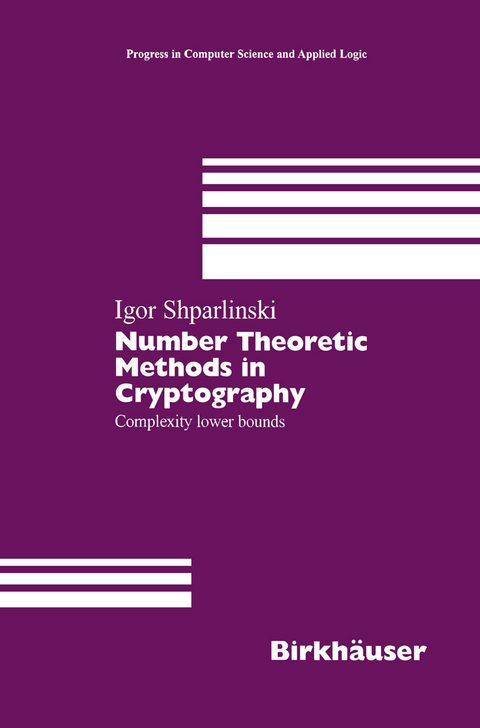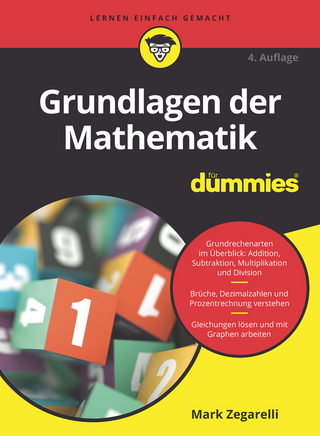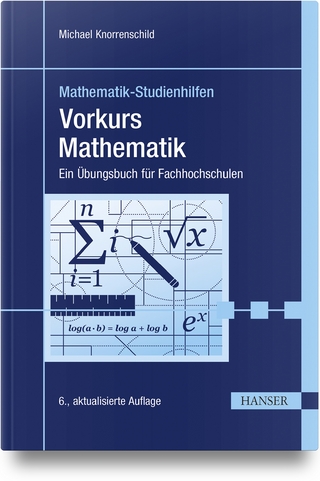
Number Theoretic Methods in Cryptography
Springer Basel (Verlag)
978-3-7643-5888-4 (ISBN)
I Preliminaries.- 1 Introduction.- 2 Basic Notation and Definitions.- 3 Auxiliary Results.- II Approximation and Complexity of the Discrete Logarithm.- 4 Approximation of the Discrete Logarithm Modulo p.- 5 Approximation of the Discrete Logarithm Modulo p - 1.- 6 Approximation of the Discrete Logarithm by Boolean Functions.- 7 Approximation of the Discrete Logarithm by Real and Complex Polynomials.- III Complexity of Breaking the Diffie-Hellman Cryptosystem.- 8 Polynomial Approximation and Arithmetic Complexity of the Diffie-Hellman Key.- 9 Boolean Complexity of the Diffie-Hellman Key.- IV Other Applications.- 10 Trade-off between the Boolean and Arithmetic Depths of Modulo p Functions.- 11 Special Polynomials and Boolean Functions.- 12 RSA and Blum-Blum-Shub Generators of Pseudo-Random Numbers.- V Concluding Remarks.- 13 Generalizations and Open Questions.- 14 Further Directions.
"This volume gives a thorough treatment of the complexity of the discrete logarithm problem in a prime field, as well as related problems. The final chapter on further directions gives an interesting selection of problems."
--Zentralblatt Math
| Erscheint lt. Verlag | 15.2.1999 |
|---|---|
| Reihe/Serie | Progress in Computer Science and Applied Logic |
| Zusatzinfo | IX, 182 p. |
| Verlagsort | Basel |
| Sprache | englisch |
| Maße | 155 x 235 mm |
| Gewicht | 454 g |
| Themenwelt | Mathematik / Informatik ► Mathematik ► Allgemeines / Lexika |
| Mathematik / Informatik ► Mathematik ► Arithmetik / Zahlentheorie | |
| Mathematik / Informatik ► Mathematik ► Wahrscheinlichkeit / Kombinatorik | |
| Schlagworte | Complexity • Complexity theory • Computer Science • cryptography • finite field • Hardcover, Softcover / Mathematik/Allgemeines, Lexika • HC/Mathematik/Allgemeines, Lexika • Kryptologie • Number Theory |
| ISBN-10 | 3-7643-5888-2 / 3764358882 |
| ISBN-13 | 978-3-7643-5888-4 / 9783764358884 |
| Zustand | Neuware |
| Haben Sie eine Frage zum Produkt? |
aus dem Bereich


